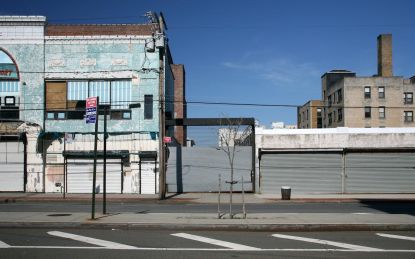The U.S. economy might not be in an official recession at the moment, but it sure doesn’t feel that way to the legions of folks who just lost their jobs. Any one of the tens of thousands of former employees recently kicked to the curb (opens in new tab) at Amazon.com (AMZN (opens in new tab)), Facebook parent Meta Platforms (META (opens in new tab)) or Twitter may be forgiven for asking: If this isn’t a downturn, then what is a recession, anyway?
And while it’s true the U.S. economy bounced back to growth in the third quarter, the majority of economists still forecast a recession to hit in 2023. Heck, even the most optimistic projections still put the odds of the U.S. entering a recession next year at an uncomfortably high 35%.
Given that our last recession ended only two-and-a-half years ago, investors probably feel like it’s way too soon for another contraction in economic activity.
Fair enough. After all, historically speaking, it is.
The Pandemic Recession that began in February 2020 ended in April of 2020, according to the Business Cycle Dating Committee of the National Bureau of Economic Research (opens in new tab) (NBER), which is the arbiter of these things.
Although it was the shortest downturn in U.S. history, it took the economy until July 2022 to recover the 21 million jobs lost during the slump.
And it continues to haunt us in other ways. After all, a recession is the scariest creature in the average investor’s closet of anxieties. There’s little wonder why. People fear recessions because they can mean lower home prices (opens in new tab), lower stock prices – and, of course, unemployment (opens in new tab).
Any number of things can cause, or exacerbate, a recession: an exogenous shock, such as the COVID-19 crisis or the Arab oil embargo of 1973; soaring interest rates; or ill-conceived legislation, such as the Smoot-Hawley Tariff Act of 1930.
Recessions are parts of the warp and woof of a dynamic economy, albeit unpleasant ones. And if you’re prepared for the next recession, there will be plenty of opportunities when that downturn ends. Thus, the more you know about recessions, the better.
Here are 10 must-know facts that help answer the question, What is a recession?
